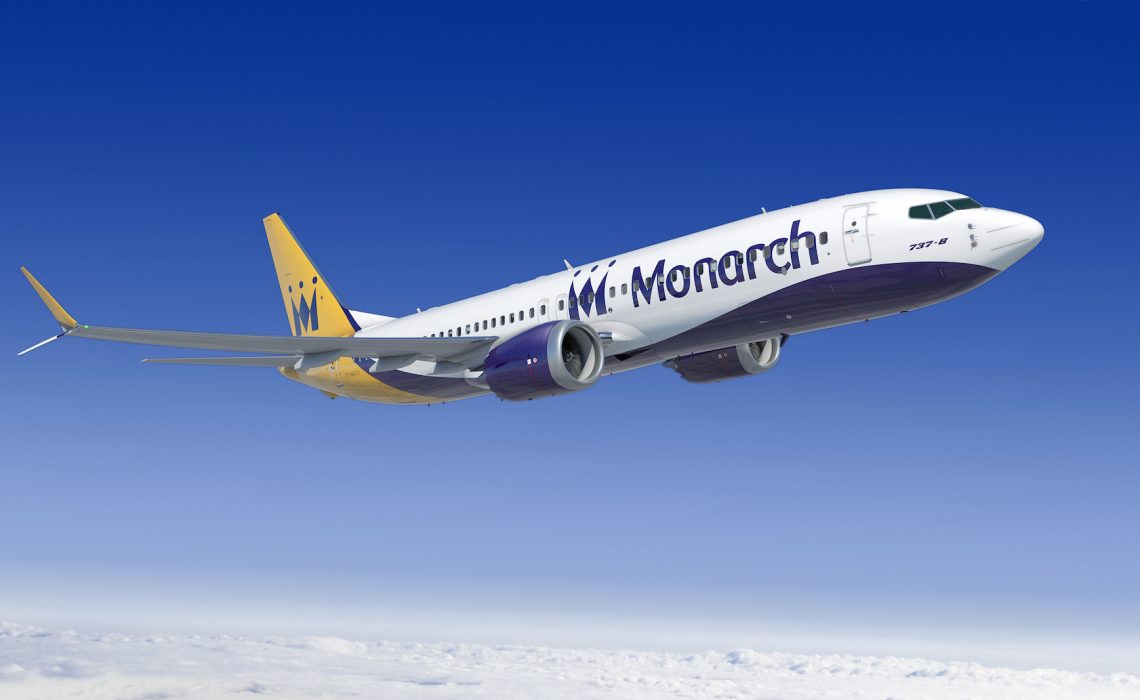
You might also like:
Repatriation and refund protection will be considered as part of an independent review into the levels of protection that are available for passengers who find themselves impacted by the failure of an airline, the UK government has said.
The Airline Insolvency Review will also examine how the market could be reformed to ensure that passengers are better protected.
This will include looking at ways of allowing airlines to wind down while at the same time carrying out and financing the repatriation of passengers.
Following the collapse of Monarch Airlines in October 2017, 110,000 passengers were left without transport home, leading the government to successfully carry out the biggest ever peacetime repatriation programme.
This review will consider if there are alternative models that can provide protection ensuring consumers can travel with peace of mind, knowing that they are never without safeguards.
The department for transport has published the terms of reference for the review, outlining the next steps for progress in this area.
The review independently chaired by Peter Bucks will provide an interim report to the secretary of state for transport by summer this year.
It will outline the potential options that could be put in place to repatriate passengers of a collapsed airline.
It will be supported by a team of professional advisers.
Aviation minister Baroness Sugg said: “It is hugely distressing for British holidaymakers to find themselves stranded abroad due to the failure of an airline or travel company.
“We are determined to put passengers at the heart of transport which is why we have announced the Airline Insolvency Review and appointed an independent chair to consider how best to protect passengers.
“I have asked Peter to look at all the possible options including new legislation to ensure that passengers are able to get home if their airline collapses.”
A final report will be produced by the end of 2018 which will offer recommendations on repatriation, refunds and the current financial protection arrangements for air-travel holidays.
ABTA chief executive Mark Tanzer responded: “Reviewing what happens to passengers when an airline goes out of business is a welcome and necessary step by the government.
“ABTA has long-argued that consumer protection hasn’t kept pace with the changing ways in which people can book travel and that there is a need for greater clarity around consumer protection for businesses and consumers alike.
“Many travellers are unaware that if you book a flight directly with an airline you are not protected if the company goes out of business, but if the flight is booked as part of a package or flight-plus, you are.
“The current system is not clear for passengers or the industry and is inconsistent in its application.
“The government will need to put consumers at the heart of the review in order to make sure that the outcome delivers the right protection and clarity for passengers and industry.
“We look forward to contributing to the review.”
Source: breakingtravelnews.com
